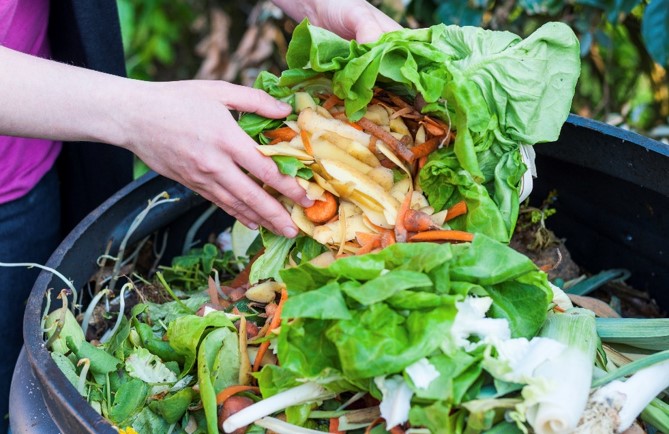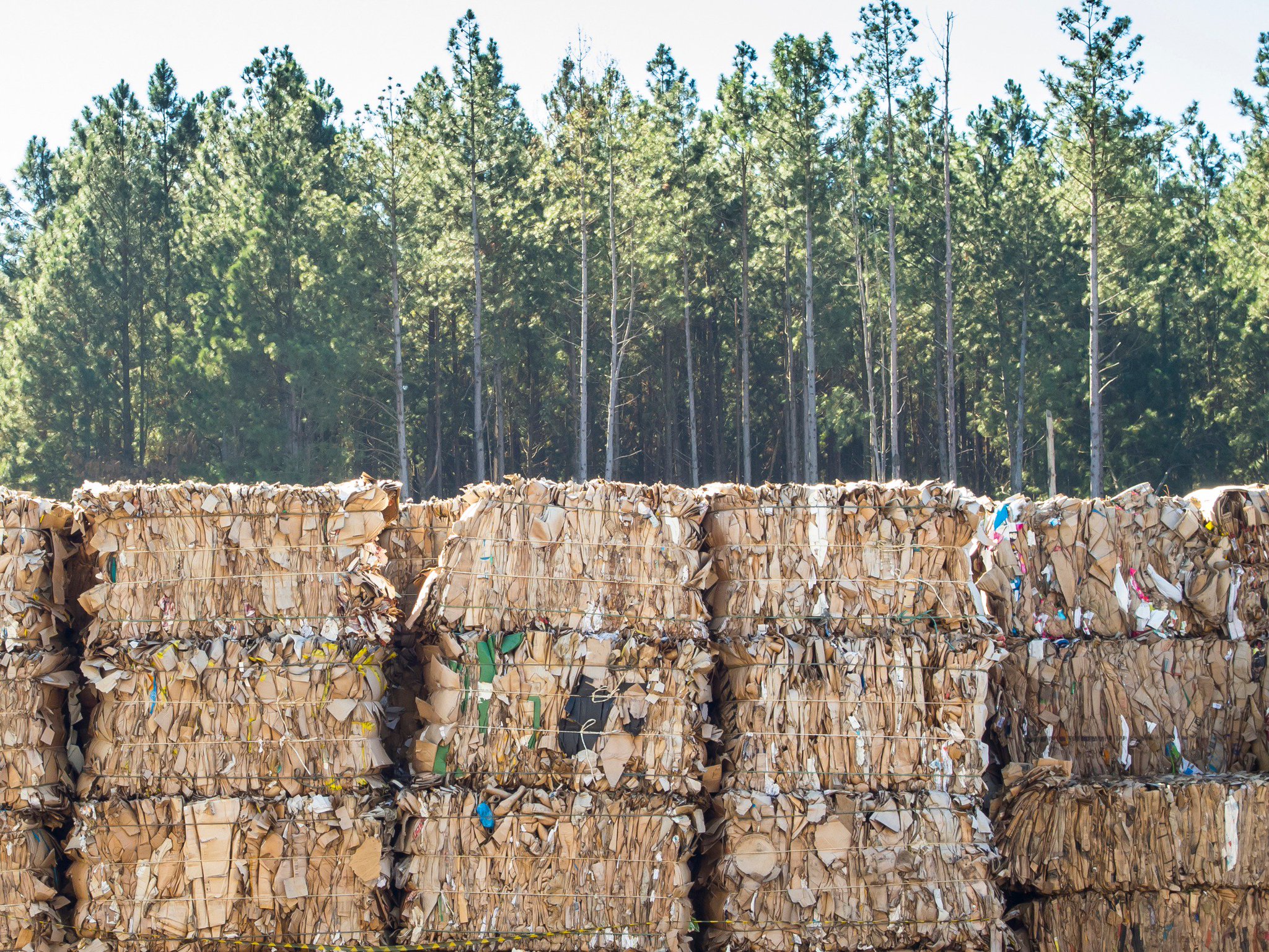
UNECE services the Environment for Europe Ministerial Process which saw the Batumi Initiative on Green Economy (BIG-E) operationalize the Pan-European Strategic Framework for Greening the Economy. Commitments made under BIG-E include circular economy priorities such as the reduction of food waste (e.g. in Hungary) – complementing UNECE work on food loss through agricultural quality standards – and the introduction of resource efficient and cleaner production in manufacturing and other economic sectors (e.g. in Ukraine).

UNECE helps make use of valuable resources from mining and landfill thanks to the United Nations Framework Classification for Resources (UNFC). These resources were considered waste until recently.

Policy recommendations on recycling as part of Environmental Performance Reviews and guidelines on people-first Public Private Partnerships for “waste to energy” also support the transition to a circular economy.

Globally harmonized United Nations regulations developed at UNECE on the recyclability of motorized vehicles reduce the environmental footprint and life cycle impact of vehicle production and disposal. UN Regulation No. 133 sets minimum rates for reusability, recyclability and recoverability to incentivize circular use of material and reduce the need for raw materials used in vehicles.

UNECE’s work highlights the links between sustainable forest management, the circular economy, and sustainable development to enable the exchange of best practices on the production and use of wood-based products. A new tool is being developed as a framework to support the implementation of the circular economy in the forest sector (Roadmap to the Circular Economy 2030).

